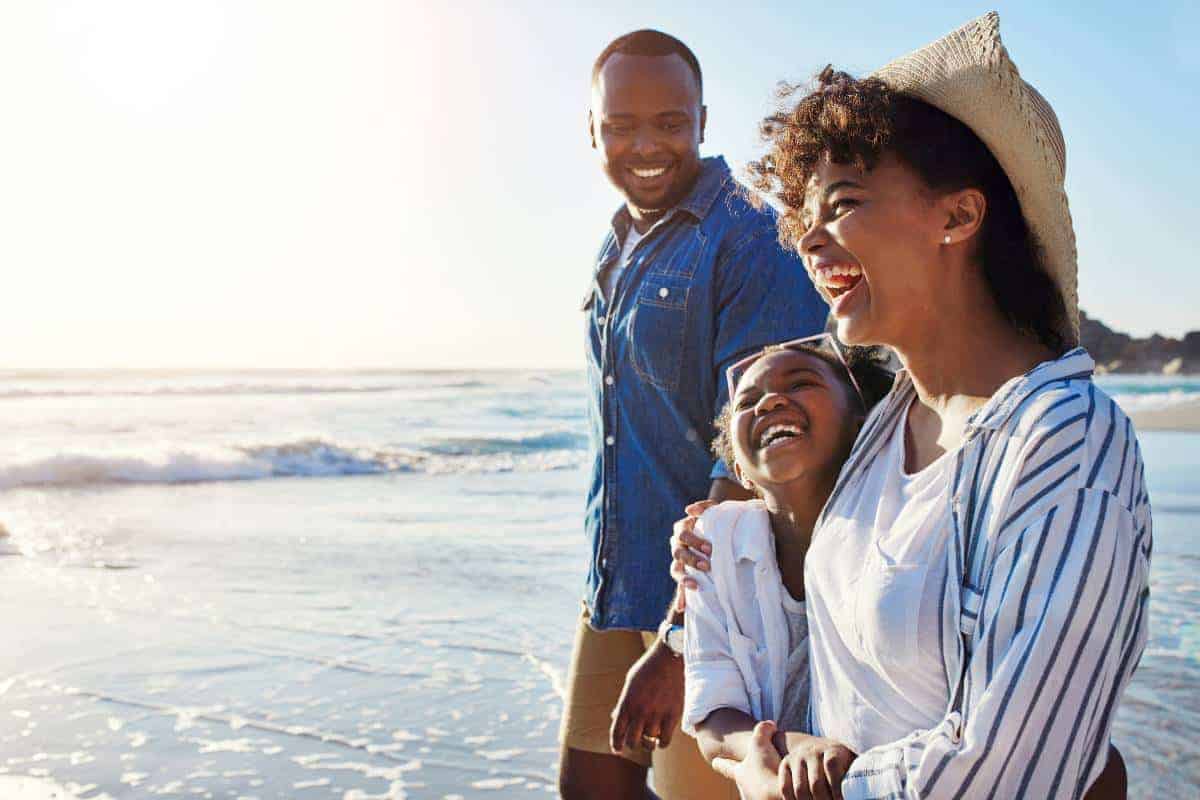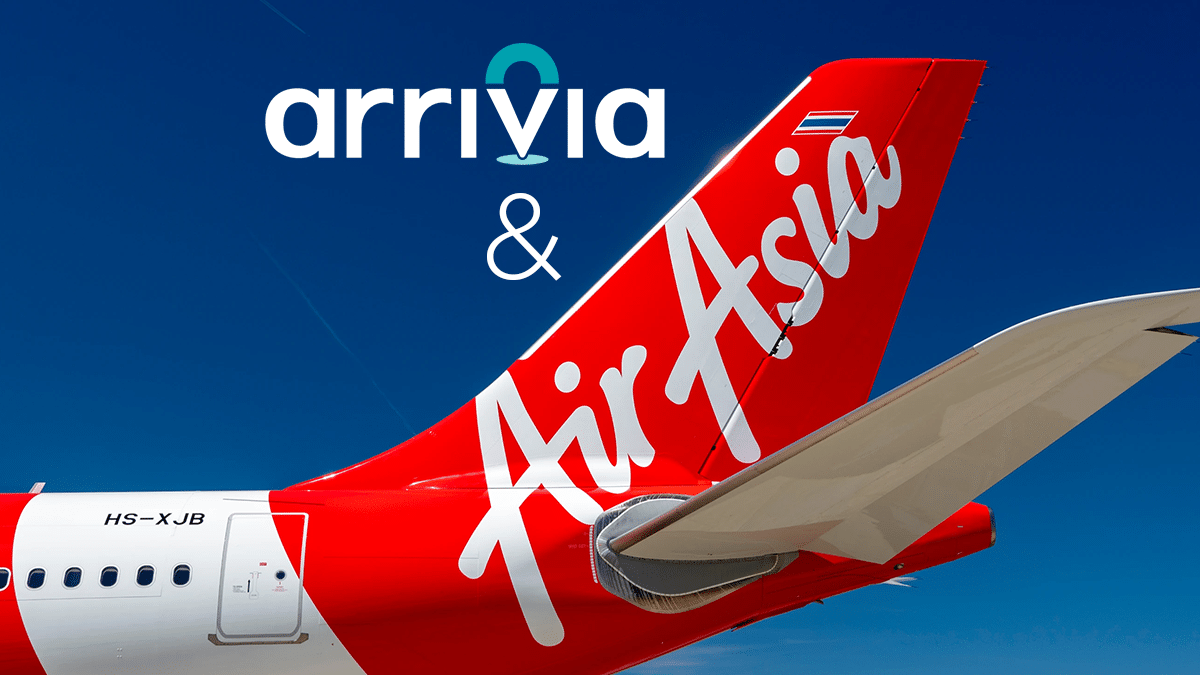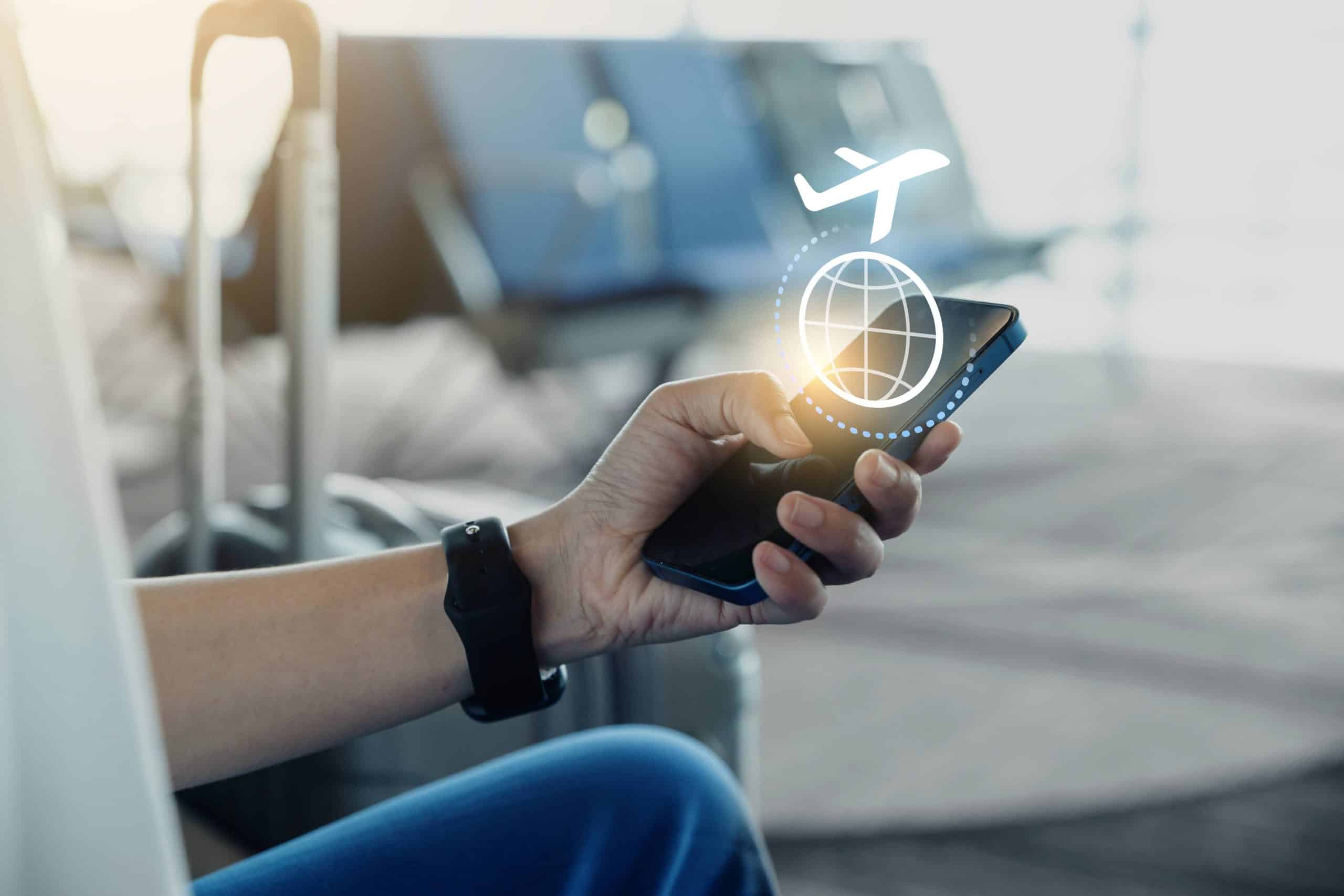Proprietary travel industry insights from arrivia reveal that 80% of consumers plan to travel within the year. With a percentage so high, it may leave you wondering what is the secret behind travel customer behavior? What motivates consumers to travel, especially at such a significant rate? The answer boils down to psychology, specifically fundamental human behaviors and desires.
Whether you’re looking to improve customer engagement and boost traveler satisfaction or enhance your travel marketing and service offerings, understanding travel psychology can help. In today’s guide to the psychology of travel, explore the emotional and social drivers of travel decisions and how your business can eliminate barriers in travel planning with help from arrivia.
Emotional Drivers of Travel Decisions
Travel decisions are significantly influenced by emotion. Consumers choose to travel for a variety of reasons — to seek relaxation after a stressful period at home, to find adventure that breaks up the regular 9-to-5, or to reconnect with family and friends — and emotional travel drivers like excitement and nostalgia play an impactful role in selecting the ultimate destination and itinerary.
For instance, the second iteration of arrivia’s Travel Loyalty Outlook Report discovered that of more than 2,200 consumers, 75% identify leisure as their travel purpose. So, it’s no surprise that 25% also plan to take a cruise in 2024 to relax and unwind. Travel businesses can tap into this travel psychology by creating marketing messages that resonate emotionally with consumers, such as:
- Showcasing tranquil white-sand beaches for relaxation seekers
- Highlighting thrilling activities for those craving adventure
- Focusing on family-friendly destinations for nostalgic travelers
Social Influences on Travel Planning
Beyond emotional drivers, it’s impossible to ignore social influences on travel planning psychology. Recommendations from friends and family, word-of-mouth referrals from coworkers, and online reviews are consistent sources of travel inspiration. However, the rise of social media over the past decade has also transformed how consumers discover and plan upcoming travel destinations.
When travelers plan a vacation, more than one-third turn to social media before making decisions. And it’s not just their social circle they trust for recommendations — 84% of consumers consult travel influencers for suggestions. For travel and travel-adjacent brands, it’s wise to collaborate with influencers and encourage satisfied customers to also share their trips on social media.
Overcoming Barriers in Travel Decision-Making
Despite the desire to travel, certain obstacles remain for travelers. So, what are the barriers to travel decision-making? As per 2024 arrivia data, 37% of consumers say price or value for money is the top consideration when planning a trip, and 42% say this has become increasingly important over the last year. Financial concerns and uncertainty greatly impact customer motivation.
The key to overcoming travel barriers is to highlight value-for-money deals in marketing and communications. Addressing potential concerns signifies your business’ understanding of the psychology of travel, particularly for brands that directly calm travelers’ concerns through customer support. Flexible booking options can also reduce financial anxiety and encourage spending.

Practical Applications for Travel Businesses
By understanding the psychology of travel customers, travel and travel-adjacent businesses can tailor their services and marketing efforts more effectively. Take emotional travel drivers, for instance. Let’s say a provider offers three types of travel itineraries: romantic, thrilling, or relaxing getaways. If the majority of customers choose to relax, the provider can hone in on similar services.
Likewise, with the knowledge that customers are seeking more value for money, brands can reward frequent travelers with exclusive cost-saving benefits. For example, tiered membership programs are growing in popularity (up from 63% in 2021 to 84% in 2024). The desire to unlock additional tier rewards not only keeps customers engaged but allows them to access more bang for their buck.
Lastly, travel companies can use psychology in marketing through relevant data analytics, like past travel preferences and previous itinerary searches. By analyzing behavioral data, brands can craft travel marketing strategies that are dramatically more relevant to users’ desired destinations and activities. Plus, this data can inform emotionally resonant, influential marketing messages.
Tap into the Psychology of Travel (and Boost Engagement) with arrivia
The psychology of travel is far from new — emotional and societal influences have long been a source of wanderlust for consumers. While outlets like social media and travel marketing have had a profound impact on how and why travelers choose specific destinations, travel psychology is still the same. The brands that understand this forge stronger, more profitable customer relationships.
At arrivia, the psychology behind customer loyalty in travel is something we’ve studied extensively. Our comprehensive research into travel industry insights positions arrivia as a travel rewards leader that not only specializes in travel experience enhancement for customers but also effective travel marketing for businesses. Explore how to tap into the psychology of travel with arrivia.
Frequently Asked Questions
Which psychological drivers most influence trip decisions?
Anticipation, escapism, and social connection are powerful motivators. Travelers often book to fulfill emotional needs—such as relaxation, exploration, or belonging. Programs that tap into these drivers with aspirational messaging and personalized rewards can influence decision-making more effectively than transactional incentives alone.
How can scarcity and social proof be used ethically in travel?
Limited availability and real-time booking cues create urgency but should reflect accurate inventory. Highlighting popular choices through reviews or booking trends helps guide decisions without misleading users. Ethical use builds trust while still encouraging timely action and engagement.
Do status and recognition benefits change booking behavior?
Recognition through elite tiers, exclusive access, or loyalty badges fosters a sense of achievement and belonging. These perks can shift behavior by motivating members to book directly, engage more frequently, and remain loyal over time—even when alternatives may appear more cost-effective.
How do emotions post‑trip affect retention and advocacy?
Positive memories drive repeat bookings and word-of-mouth referrals. Follow-up touchpoints that acknowledge the experience—like thank-you messages or personalized offers—help extend the emotional high and reinforce brand connection. Emotional satisfaction is a key factor in long-term loyalty and advocacy.



